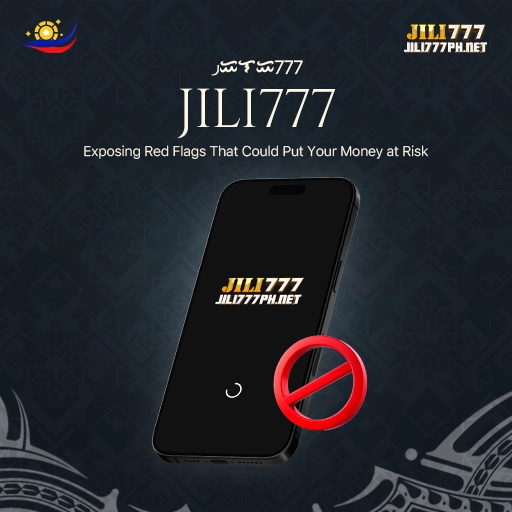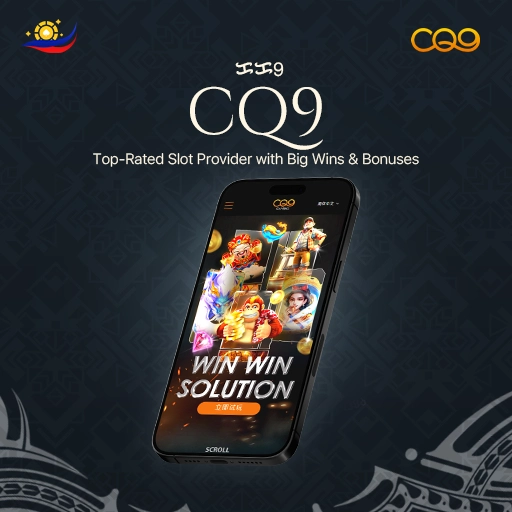Player exclusion is a critical mechanism in the gambling industry designed to protect individuals from the potential harms of excessive gambling. Whether self-imposed or operator-enforced, exclusion policies help maintain responsible gambling practices and ensure that players have control over their betting activities. With growing concerns over problem gambling, financial instability, and regulatory compliance, understanding how player exclusion works and why it matters is essential for both players and betting operators.
What is Player Exclusion?
Player exclusion is a system that allows individuals to voluntarily or involuntarily restrict their access to gambling platforms for a specific period. This policy is implemented to prevent individuals from engaging in gambling behaviors that may lead to financial distress or addiction.
There are different types of player exclusion policies:
- Self-Exclusion: A voluntary process where players request to be restricted from gambling for a set duration, which can range from weeks to years.
- Operator-Imposed Exclusion: A decision made by betting companies to ban players who exhibit signs of problem gambling or violate platform rules.
- Third-Party Exclusion: In some jurisdictions, family members or concerned parties can request exclusion on behalf of a problem gambler.
- Permanent Exclusion: Some players may choose or be forced into lifelong exclusion, ensuring they cannot return to gambling platforms.
Regulatory authorities in various countries mandate these exclusion options to ensure that gambling remains a controlled and responsible activity.
How Player Exclusion Works
The process of player exclusion varies depending on the gambling platform and jurisdiction. However, some common steps are involved in enforcing exclusion:
- Registration for Self-Exclusion: Players who recognize their gambling habits as problematic can voluntarily sign up for self-exclusion through an online gambling platform or regulatory body.
- Setting the Duration: Players typically choose a fixed period for their exclusion, ranging from a few months to several years. Some platforms allow indefinite exclusion.
- Identity Verification: Gambling platforms use identity verification tools to ensure that the excluded player cannot create new accounts.
- Enforcement Measures: During the exclusion period, the player is restricted from accessing the gambling platform, making deposits, or placing bets. Some companies may block marketing emails and advertisements for the excluded player.
- Operator-Imposed Exclusion: If a gambling platform identifies a player as at risk due to erratic betting behavior, it can enforce exclusion by freezing accounts and preventing access.
- Regulatory Oversight: In many regions, regulatory bodies monitor gambling operators to ensure that they uphold player exclusion policies effectively.
Reasons for Player Exclusion
There are several reasons why a player might be excluded from gambling, either voluntarily or involuntarily:
- Problem Gambling: Many individuals suffer from gambling addiction, which can lead to severe financial and emotional consequences. Self-exclusion helps them regain control.
- Financial Instability: Some players realize that gambling is affecting their financial well-being and choose exclusion as a precautionary measure.
- Fraud or Misconduct: Gambling platforms may exclude players involved in fraudulent activities, such as using multiple accounts or engaging in match-fixing.
- Legal or Family Intervention: In some cases, concerned family members can initiate exclusion requests for players whose gambling habits are causing harm to their loved ones.
The Impact of Player Exclusion
Player exclusion has both positive and negative implications.
Positive Effects:
- Mental Health Improvement: Many excluded players experience relief from gambling-related stress, anxiety, and depression.
- Financial Stability: By restricting access to gambling platforms, individuals can focus on saving money and improving their financial situation.
- Prevention of Addiction Escalation: Exclusion serves as an early intervention tool to prevent minor gambling issues from developing into full-scale addiction.
Potential Challenges:
- Relapse Risk: Some players, after the exclusion period ends, may relapse into gambling if they do not seek proper counseling or support.
- Access to Unregulated Platforms: Players might try to circumvent restrictions by accessing unlicensed or illegal gambling sites, which do not enforce exclusion policies.
Case studies show that player exclusion is an effective tool in reducing gambling-related harm, but it must be supported by proper education and counseling services.
Responsible Gambling and Support Systems
Many gambling operators promote responsible gambling by offering tools and resources that assist players in managing their betting behavior. Some of these include:
- Deposit Limits: Players can set limits on how much they deposit to control their spending.
- Time-Out Features: Temporary breaks allow players to step away from gambling before it becomes a problem.
- Gambling Support Services: Organizations like GamCare, BeGambleAware, and national helplines provide counseling and advice for individuals struggling with gambling addiction.
- AI and Monitoring Systems: Many online betting platforms use artificial intelligence to detect problematic gambling behavior and prompt users to take precautionary actions.
Conclusion
Player exclusion is an essential component of responsible gambling, helping individuals regain control over their betting habits while protecting them from financial and emotional harm. By understanding how exclusion works and recognizing its importance, both players and gambling operators can contribute to a safer and more ethical gaming environment. As online gambling continues to evolve, regulatory enforcement, awareness programs, and support systems will play a crucial role in ensuring that exclusion policies remain effective in promoting responsible gambling.























